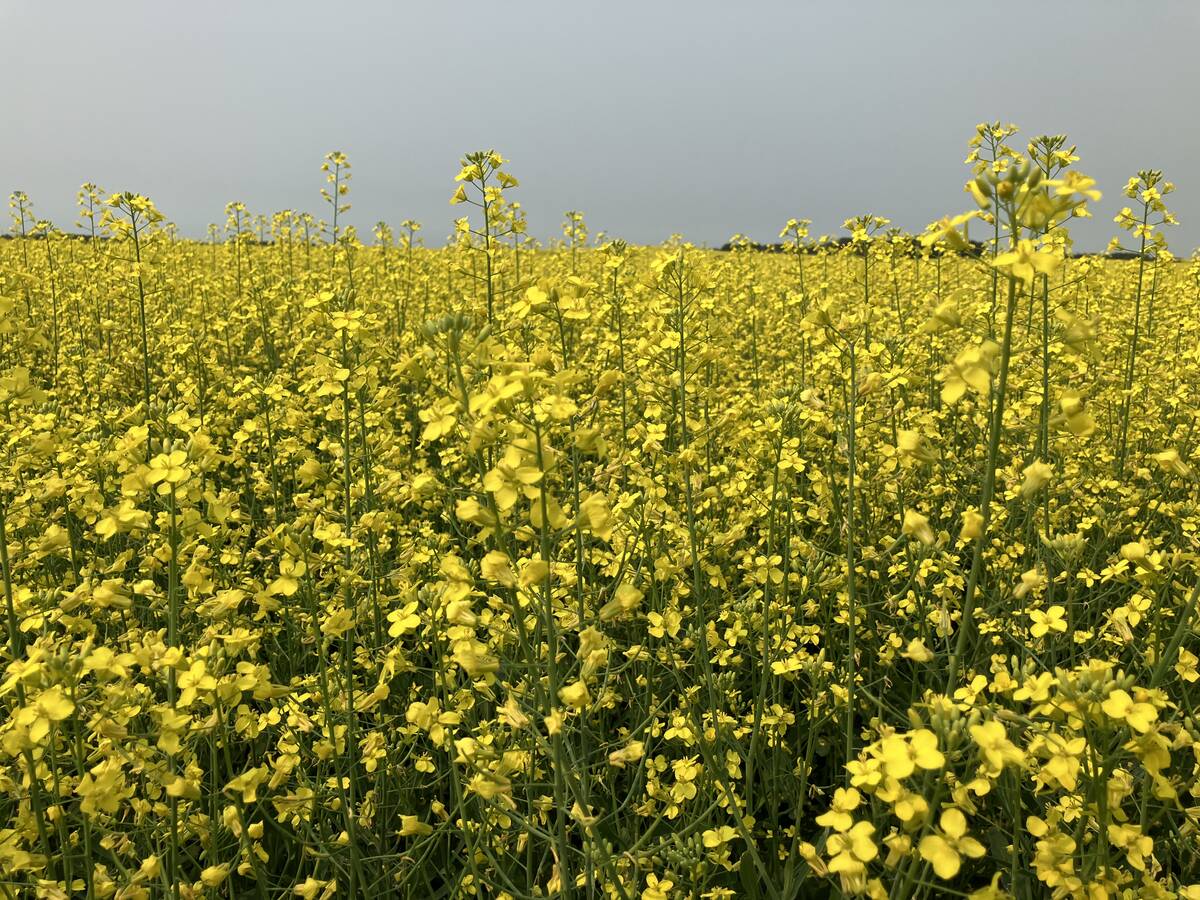Farmers who belong to Keystone Agricultural Producers are worried that registering Roundup Ready wheat will introduce a problematic new weed to their fields.
Letellier, Man., farmer Ian Forrester asked Monsanto representatives who spoke at KAP’s annual meeting how they plan to stop volunteer herbicide-tolerant wheat from growing and spreading.
“One good flood and it’s got it everywhere,” said Forrester, who farms in the Red River Valley.
Rae Trimble, who farms at Portage la Prairie, Man., said farmers who grow Roundup Ready wheat after Roundup Ready canola will have to use more chemicals on both crops to get rid of volunteers, defeating a key benefit of the system. The company is studying the agronomics of volunteer Roundup Ready wheat, said Monsanto researcher Curtis Rempel.
Read Also

Canola used in only quarter of Canadian biofuel
Less than one-quarter of the biodiesel and renewable diesel used in Canada in 2024 was made from canola oil feedstock
He said the company is evaluating the most economical management practices over a four-year rotation.
“I don’t think this product will be a fit for every farmer in Western Canada.”
But Martin Entz, a researcher at the University of Manitoba, said Monsanto could save itself some research. He said scientists have already established that volunteer wheat continues to sprout up six years after planting.
He also said Monsanto plans to register the wheat before completing its agronomic research.
Entz told farmers he would like to see a move away from homogenized, “1-800 farming” that is designed to benefit agribusiness, not farmers.
He suggested farmers move back to a more “knowledge-based” system where they use a mix of conventional, organic, and pesticide-free crops to meet agronomic and market needs.
Roundup Ready wheat will create a marketing problem for farmers, he said. He blames the federal government for promoting biotechnology without showing leadership.
“I was driven to make my comments about Roundup Ready wheat because I can just think of 100 reasons why it’s a dumb idea for Canada.”
But Rempel said Monsanto wants to meet the needs of millers and bakers who are looking for consistent wheat and are not worried about GM.
Monsanto spokesperson Carmen Read said the company is working on modified crops with traits that will appeal more to consumers. However, that work is difficult.
“We’ve got no interest in terms of hurting farmers,” he said. “We’re successful when you’re successful.”
















